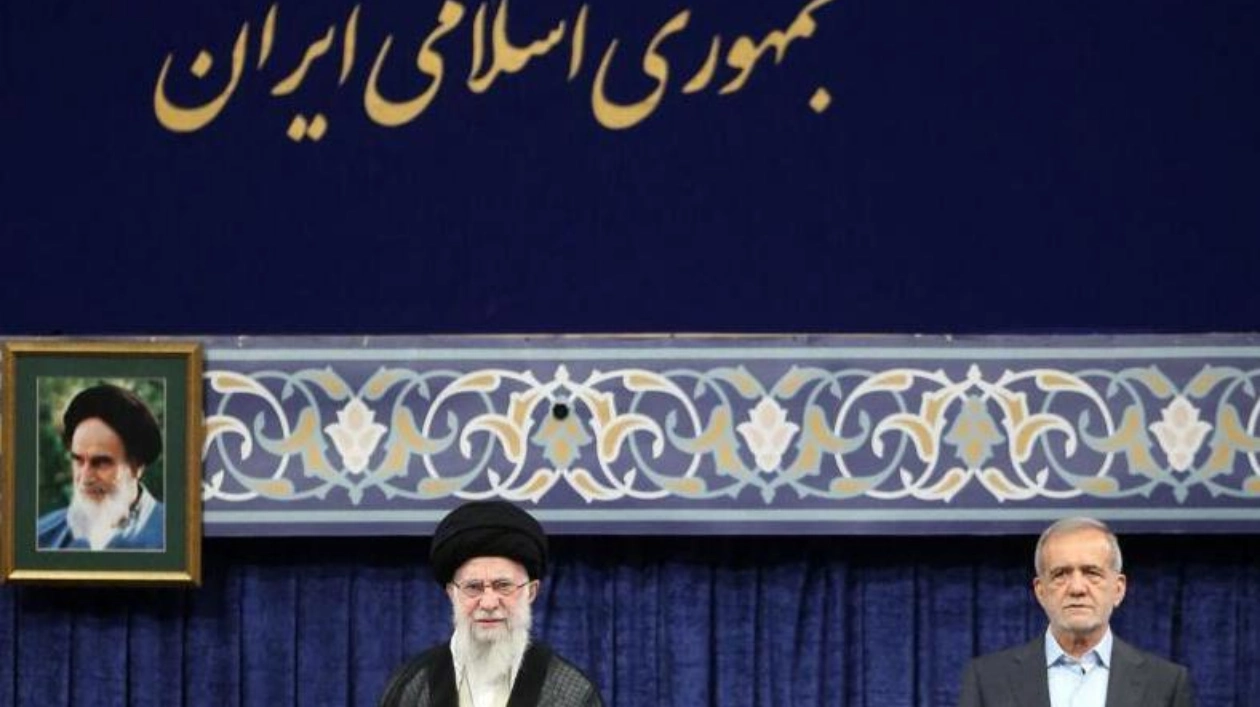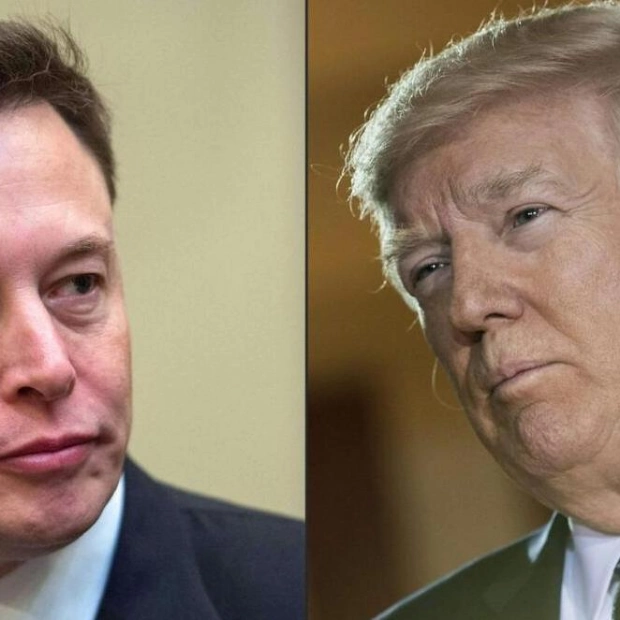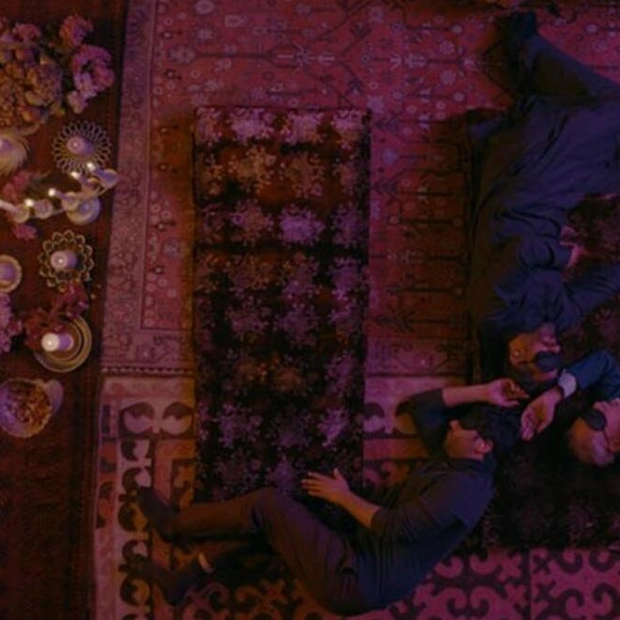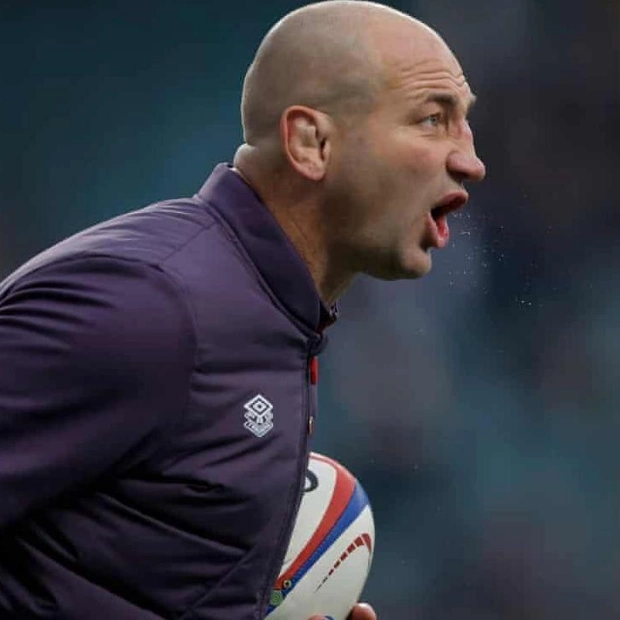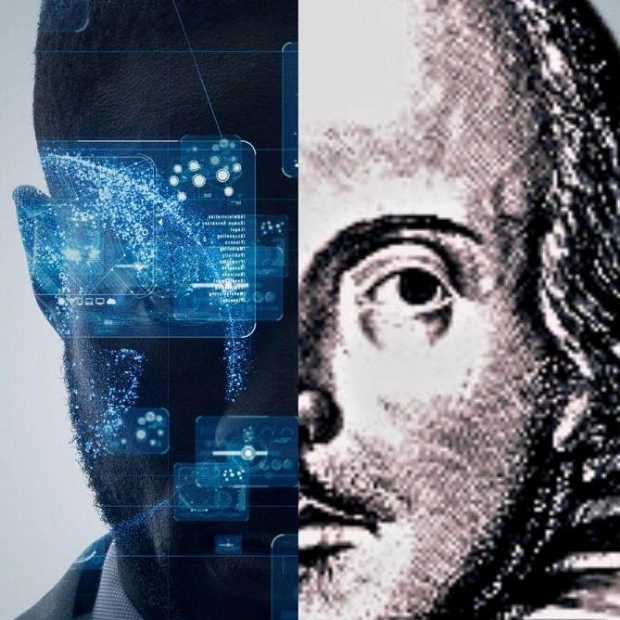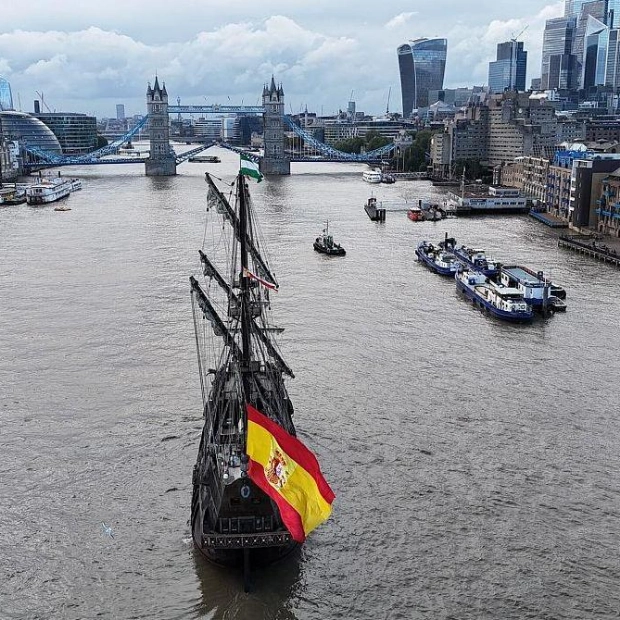Iran's supreme leader, Ayatollah Ali Khamenei, officially endorsed Masoud Pezeshkian as the ninth president of the Islamic Republic on Sunday, following the victory of the reformist camp's candidate in the snap elections. In a message conveyed by the director of Khamenei's office, he stated: "I endorse the vote for the wise, honest, popular, and scholarly Pezeshkian, and I am appointing him as the president of the Islamic Republic of Iran". The newly elected reformist president is scheduled to take the oath of office before parliament on Tuesday.
The endorsement ceremony took place in Tehran, attended by high-ranking Iranian officials and foreign diplomats, and was broadcasted on state television. This event occurred as banks and most government offices nationwide were closed on Sunday due to an extreme heatwave. After the ceremony, acting president Mohammad Mokhber transferred official duties to the 69-year-old Pezeshkian. Later that day, Pezeshkian named reformist Mohammad Reza Aref, 72, as his first vice-president, as announced by state TV. Aref has previously served as a parliament member representing Tehran and held positions as first vice-president and communications minister under the last reformist president, Mohammad Khatami, from 1997 to 2005. Pezeshkian, a heart surgeon and parliament member for the northwestern city of Tabriz since 2008, also served as health minister under Khatami.
On July 5, the reformist candidate won the runoff election against the ultraconservative Saeed Jalili, succeeding President Ebrahim Raisi who tragically died in a helicopter crash in May. Pezeshkian secured over 16 million votes, approximately 54% of the nearly 30 million ballots cast. The turnout for the runoff election was 49.8%, an increase from the record low of about 40% in the first round, according to Iran's electoral authority. Jalili and former moderate president Hassan Rouhani, who supported Pezeshkian's presidential campaign along with Iran's main reformist coalition, attended the ceremony. Pezeshkian was the sole candidate representing Iran's reformist camp permitted to run in the election, with all contenders approved by the conservative-dominated Guardian Council.
Iran's president does not hold the title of head of state, with ultimate authority residing with the supreme leader, a position held by Khamenei for the past 35 years. Following Khamenei's official endorsement, Pezeshkian expressed gratitude to the leader and the Iranian people, promising to bear the "heavy burden" of the presidency. The election took place amidst escalated regional tensions since the beginning of the Gaza war in early October, disputes with Western powers over Iran's nuclear program, and domestic dissatisfaction with the sanctions-affected economy. During the ceremony, Khamenei encouraged the new administration to develop an "active and effective" response to regional developments, emphasizing that diplomacy should prioritize neighboring nations.
"We have no intention to oppose some European countries. The reason I didn't mention European countries as a priority is that they have not treated us well for many years," he added. "If they don't have this bad attitude, then (ties with Europe) would be one of our priorities." On the campaign trail, Pezeshkian pledged to attempt to revive the 2015 nuclear deal with the US and other world powers, which imposed restrictions on Iran's nuclear activities in exchange for sanctions relief. The deal was abandoned in 2018 when Washington withdrew from it. Pezeshkian has recently advocated for "constructive relations" with European countries, despite accusing them of failing to fulfill commitments to alleviate the impact of US sanctions.
